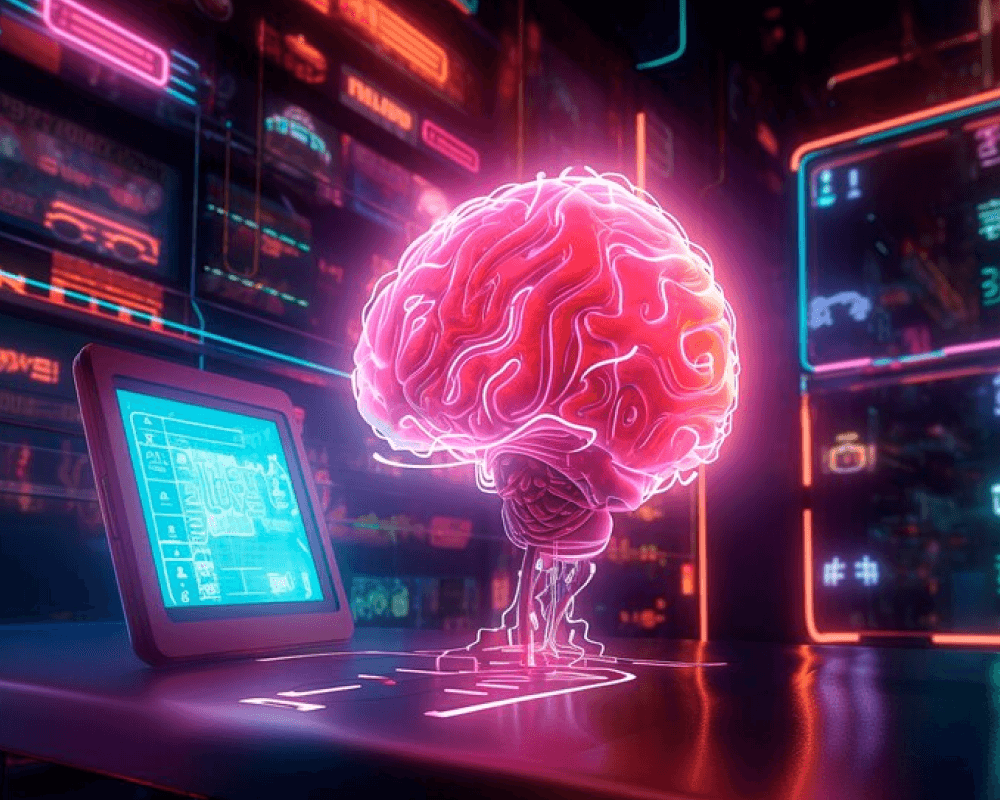July 19, 2024 By: JK Tech
Imagine a world where you never forget anything. The concept is fascinating and might be closer to reality than you think. With advancements in artificial intelligence, computers, and mobile phones are becoming increasingly proficient at storing and recalling information, offering us the potential of an augmented memory at our fingertips.
From one perspective, this development could be fantastic. We’ve all felt the frustration of forgetting something important. Whether it’s misplacing keys, missing appointments, or struggling to recall details from a long meeting, a faulty memory can be a real pain. But what if technology could step in to save the day? AI is rapidly evolving, and one of its most promising applications is enhancing human memory. Tech giants like Microsoft, Google, and Apple are investing heavily in developing AI systems that can remember things for us.
The Recall app from Microsoft is a perfect illustration of this trend. It uses Windows Copilot Runtime to help you locate anything you’ve viewed on your PC. It involves recording your app activities, monitoring conversations in real-time meetings, and keeping track of all the websites you’ve visited for research, and other tasks. To access this information, all you need to do is initiate a “Recall” action, which resembles an AI-powered search. This will display a snapshot of that specific period, offering the contextual details of the memory. Google is also making strides in this area, showcasing AI that can remember where you left your belongings. Google’s Project Astra, for instance, could help find lost glasses by capturing video of its surroundings. The trick is letting the AI see everything a user sees. However, after a decade of rising concerns over privacy, some users might think twice before inviting Google to capture their personal livestreams.
While these advancements are undeniably thrilling, they also pose significant questions: will we become excessively dependent on AI to store information for us? Just like how we forget math facts when we always use a calculator, we might start forgetting things if we constantly rely on our AI helpers. Will our brains become lazier as a result? And what about privacy concerns? All those memories stored in a computer are like a treasure chest for hackers. Imagine if someone got hold of your entire life story! That’s scary stuff.
Beyond the practical implications, there’s also the philosophical question of what it means to be human. Memory is a core part of our identity, shaping our understanding of ourselves and the world around us. If AI takes over this function, how will it change our sense of self?
So, while the idea of a perfect memory is tempting, it’s important to think about the potential downsides. Maybe it’s better to embrace our forgetful human nature and focus on creating new memories instead of storing old ones. After all, life is about experiences, not just remembering them.
It’s clear that AI-powered memory tools have the potential to revolutionize our lives. But as with any new technology, it’s essential to approach them with caution and consider the potential consequences. As AI advances, it’s crucial to have open conversations about the benefits and drawbacks of these tools and ensure that they are developed and used ethically.
Ultimately, the goal should be to create AI systems that augment human memory rather than replace it. By striking the right balance, we can harness the power of AI to improve our lives without compromising our humanity. What do you think? Are the benefits of AI memory worth the risks?



